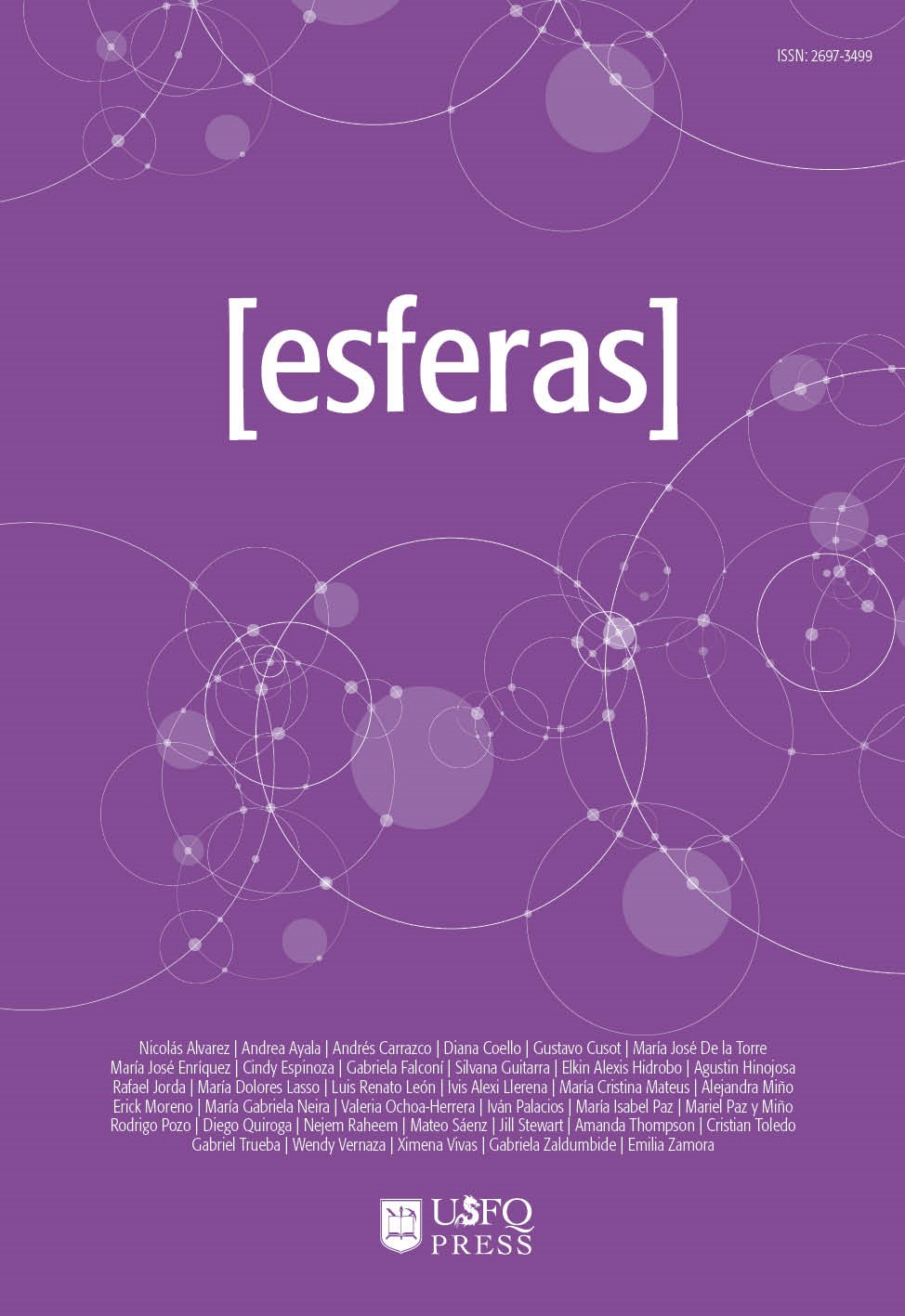"Science to the Rescue": discover your inner scientist
Published 2021-04-06
Versions
- 2023-01-19 (2)
- 2021-04-06 (1)
Keywords
- popularization of science,
- early scientific culture,
- science for kids,
- community outreach,
- early and continuing training
- education ...More
How to Cite
Abstract
It is well known that curiosity is the engine of learning. It leads to creativity that allows the development of ideas, skills and ways to solve a problem. However, curiosity and creativity are not correctly valued in traditional education, so it must be modified. One alternative is to allow the child to ask questions when observing a phenomenon and to seek to answer their concerns by exploring the world around them. In this sense, "Ciencia al Rescate" ("Science to the Rescue") is an outreach project of USFQ that seeks to recover the capacity of children and youth to explore through experiments, fun reading, or videos focused on exact and natural sciences. Teachers from different educational institutions, organizations, and the Ministry of Education already use this material. The aim of this project is to sow love for science from an early age and to encourage curiosity, thus stimulating a taste for learning and understanding science and its developments.
Downloads
References
- Rosales, B. (2020). Boletín anual de educación superior, ciencia, tecnología e innovación SENESCYT. Quito-Ecuador. Recuperado de: https://siau.senescyt.gob.ec/estadisticas-de-educacion-superior-ciencia-tecnologia-e-innovacion/?doing_wp_cron=1611089581.1519060134887695312500
- Gilbert, E. (2016). Big Magic: Creative Living Beyond Fear. Nueva York. Estados Unidos.
- Robinson. K. (2007). TedTalk: Do Schools kill creativity? Recuperado de: https://www.youtube.com/watch?v=iG9CE55wbtY&t=4s
- Keselman, A. (2003). Supporting inquiry learning by promoting normative understanding of multivariable causality. Wiley Periodicals, Inc.
- Programa de las Naciones Unidas para el Desarrollo. (2020). Objetivos de Desarrollo Sostenible. Recuperado de: https://www.undp.org/content/undp/es/home/sustainable-development-goals.html
- Programa de las Naciones Unidas para el Desarrollo. (2020). Documento Covid-19 y Objetivos Mundiales. Recuperado de: https://feature.undp.org/covid-19-and-the-sdgs/es/?utm_source=web&utm_medium=sdgs&utm_campaign=covid19-sdgs
- Ministerio de Educación del Ecuador. Plan Educativo Covid-19. Recuperado de: https://recursos2.educacion.gob.ec

